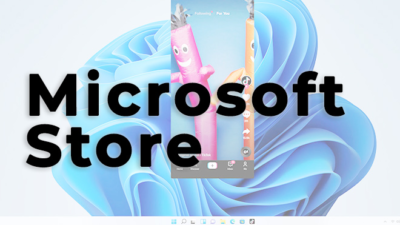Microsoft Edge Served Ads Of Tech Support Scammers

Cyber Theft
Microsoft has or had a spam problem in connection with its standard browser Edge. Scammers serve ads to browser users in the news feed, making them potential victims of a so-called tech support scam. Like colleagues from bleeding computer recently reported, the security service provider MalwareBytes warned of a new scam with which criminals have tried to lure users of the Microsoft Edge browser into an expensive cost trap. It attempted to lure users to fake support websites using ads displayed in the browser’s news feed.
Scam campaign ran for months
For a good two months, the scammers reportedly played advertising in Edge’s news feed, which users see when they open their browser. However, behind seemingly harmless headlines were links that led to tech support scams, where inexperienced users were fooled into believing that their computer had a technical problem.

As is usual in such cases, an attempt was then made to exclude the users by means of false support hotlines. The user is first suggested that there is a problem with the computer in question, before being prompted to dial a specific phone number supposedly set up by Microsoft in order to solve the problem.
Microsoft removed ads after reports
Apparently, the campaign was very broad, because there are said to have been hundreds of subdomains through which the scammers wanted to lure edge users into their traps. It used the Taboola advertising network, which is used by many website operators and Microsoft, to embed contextualized advertising in regular content. The tech support scammers were apparently quite clever in their attempts to defraud.
With each click on the fake ad, the browser was checked using JavaScript, including factors such as the time zone and thus the origin. Only those who came from potentially “profitable” regions of the world then received a fake error message. All other users redirected scammers to harmless websites. Microsoft, for its part, has already responded to the problem.
The company blocked the respective advertisers in cooperation with the operator of the advertising network and removed the corresponding content. It is still important to prevent such incidents, it said.
Research Snipers is currently covering all technology news including Google, Apple, Android, Xiaomi, Huawei, Samsung News, and More. Research Snipers has decade of experience in breaking technology news, covering latest trends in tech news, and recent developments.











